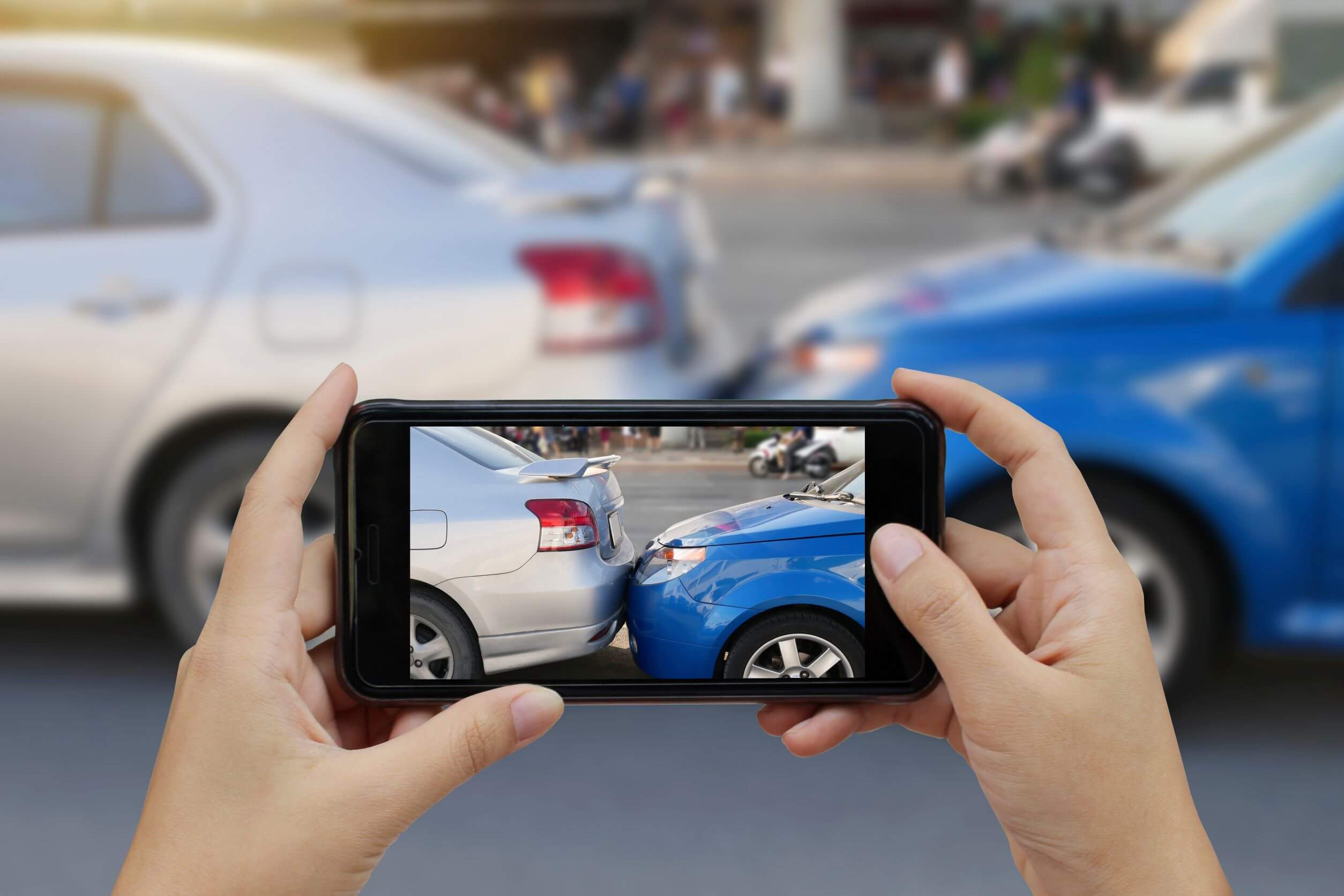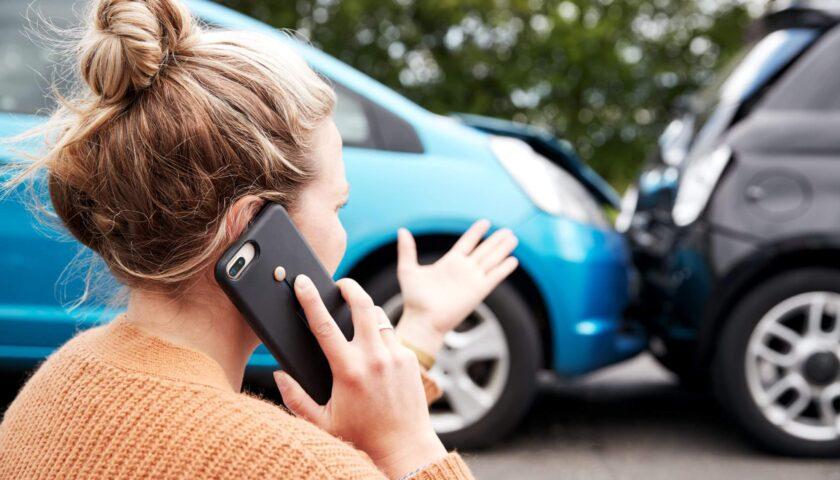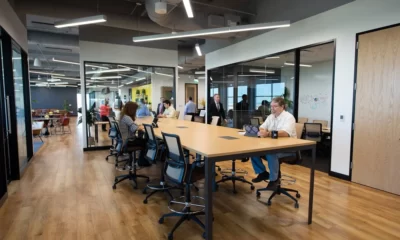Lifestyle
What To Do After A Car Accident That’s Not Your Fault

Car accidents aren’t the easiest to deal with, especially if you’re trying to prove you aren’t at fault. At this point, you wonder what to and not to do, making the experience even more challenging.
While it’s easier said than done, you shouldn’t panic after a car accident. Instead, you should consider the following advice:
Table of Contents
Safety First
Being involved in a car accident is devastating. It’s a stressful event that might interfere with your thinking. However, it would help if you prioritize your safety and that of other passengers for your well-being.
After a car accident, you should first take a deep breath and remain calm. As difficult as it sounds, remaining calm and sober will go a long way in keeping you and your fellow travelers out of harm’s way.
Once you’re calm, slowly check if you can move and if you have any physical injuries. If you can move comfortably, get out of the car and check the other passengers’ state. Avoid moving them if they’ve sustained severe injuries, and call 911 immediately.
However, if they seem okay, move them to a safe area. Then, erect hazard signs to notify other road users of the accident.
Call The Law Enforcers

Whether you’re at fault or not at fault in a car accident, calling the police is a must. Failing to report the crash can lower your chances of getting compensated. This might also increase your likelihood of being at fault, especially if the other driver contacts the police.
It’s important to note that the police report bears information on what happened and is better positioned to determine who’s at fault. The police will also protect the scene to prevent any involved member from interfering with the evidence. A car accident attorney like from The Major Law Firm can help you gather evidence that will be beneficial to you and your case.
Nevertheless, reporting the accident to the police doesn’t necessarily mean they must show up at the scene. In most cases, if the accident is minor and doesn’t involve severe injuries, casualties, or significant vehicle damage, the police might not visit the scene; hence, you should ensure to correct as much information from the scene as possible.
Correct The Information
Correcting as much information as possible following a car accident is vital for several reasons. First, you want the other party to refrain from interfering with the evidence before the police’s arrival. Therefore, you must act immediately to ensure you get evidence showing who truly is to blame for the accident.
Secondly, the accident might be minor, and the police might not see the need to visit the scene. In such an event, the evidence you bear might help you get compensated for whatever injuries and damages occurred even if they’re minor.
Thirdly, the other driver may want to blame you for the accident. If they correct the information and you don’t, they’ll only record what favors them. As a result, you might not get compensated even if the accident was the other driver’s fault.
The information you should correct following a car accident includes the damage to your car, injuries sustained, your license number and the other driver’s, the road you’re driving on, any signs showing the speed limit, and each car’s insurer. It’s also important to talk to eyewitnesses, if there are any, and get their contact numbers in case you need to contact them later.
Get Treated
When you should get treatment depends on the severity of your injuries. If you sustain severe injuries, you must seek medical treatment as soon as possible. However, if you’re involved in a minor accident that allows you to do everything discussed in this article, you should seek treatment immediately after you’re done with the fieldwork.
It’s vital to note that motor accidents can lead to internal injuries that might take time to manifest. Therefore, getting professional treatment is imperative whenever you’re involved in an accident even if you aren’t in pain. Your doctor will perform a thorough check-up, including X-rays and scanning, to determine if you have any internal injury or bleeding and treat the issue accordingly.
Besides ensuring your health and safety, treatment after the accident will show the insurer that you sustained injuries that require compensation.
Call Your Insurer
If the car accident isn’t your fault, the other driver’s insurer should compensate for damages and injuries. However, the situation isn’t a walk in the park.
Insurance companies are businesses looking to make profits. They’ll do the impossible to lower your compensation as much as possible. Among the ways they can limit your compensation are the following:
- Offering you the least amount
- Blaming you for the accident
- Denying your claim
For maximum protection, ensure to notify your insurance company about the accident. In such an event, your insurer will contact the other driver’s insurer, notifying them about the accident. They’ll also try to negotiate with the other insurer to ensure you get fair compensation.
However, suppose you think pursuing compensation on your own or with your insurer’s help might not be as beneficial as you’d want. In that case, it might be a good idea to hire a car accident attorney experienced in such cases. Make sure to find local options by searching for professionals like a car accident lawyer in Seattle, because you deserve payment for being injured wrongly.
Contact A Lawyer
As already mentioned, a car accident lawyer is better at ensuring you get fair compensation. Insurers might be cunning, and an experienced attorney understands how to handle them to ensure justice is served.
A car accident attorney will also advise you on what to say and do while the case is ongoing. They’ll also represent you and speak on your behalf if the need arises. Remember: If you must talk about the accident, contact your attorney first to avoid jeopardizing the case.
Conclusion
Once you’ve switched on your car and hit the road, you increase your chances of being involved in an auto accident. While some accidents are avoidable, others might not be, especially those resulting from unexpected or sudden mechanical failure.
Avoidable accidents often result from one party’s negligence. In such a case, the driver who’s not at fault should follow the above-discussed steps to prove the other driver’s wrongdoing. This way, the not-at-fault party gets fair compensation and avoids being blamed for an accident that wasn’t their fault.

-

 Business3 years ago
Business3 years agoThe Ultimate Guide To Thriving In Your Printing Franchise
-

 Business3 years ago
Business3 years agoExploring The Benefits And Challenges Of Restaurant Franchising
-

 Business4 years ago
Business4 years agoHow to Do Long-Distance Moves with Children
-

 Tech4 years ago
Tech4 years agoCyber Table That Will Change Your Life
-

 Lifestyle3 years ago
Lifestyle3 years agoDallas’ Hidden Gems: 6 Must-Try Restaurants Off The Beaten Path!
-

 Lifestyle3 years ago
Lifestyle3 years agoTop 10 Restaurant Franchises In The US
-

 Business5 years ago
Business5 years agoIs Guest Posting a Good Inbound Marketing Strategy?
-

 Business3 years ago
Business3 years agoTop 10 Reasons You Should Invest In A Coworking Franchise























Recent Comments